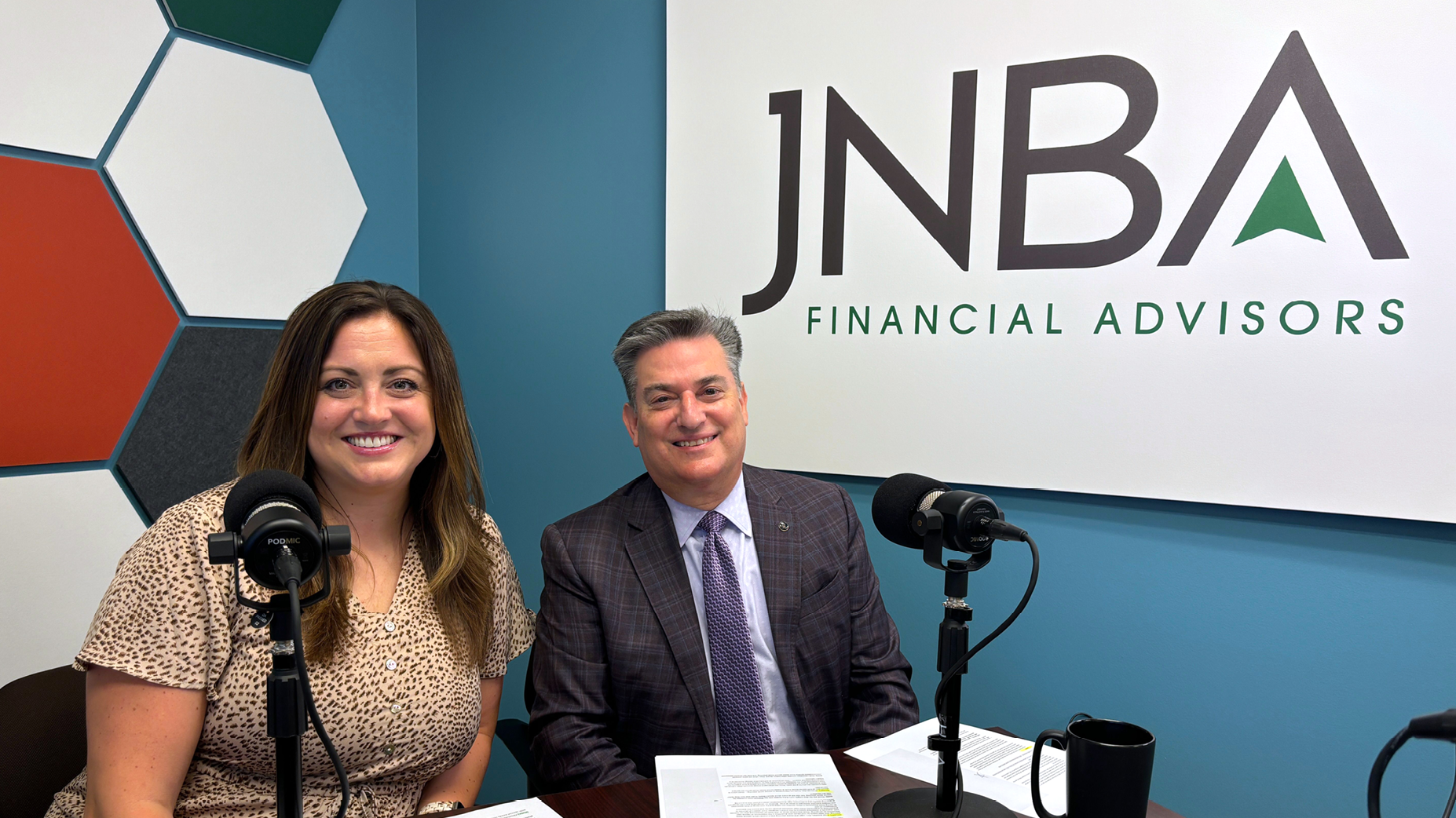The holiday season also marks the home stretch for year-end planning. Revisiting some key areas of your financial and benefit plans before December 31 can help you get the most out of 2022 while setting you up for the new year.
Investment Portfolio Review
The end of the year is a great time to review how investment and retirement accounts will impact your overall tax liability. While taxes should not be the primary driver of your investment strategy, the final weeks of the year are your last opportunity to minimize your IRS bill. Those in higher income tax brackets can look for losses to offset investment gains. Taxpayers in the 10% and 12% federal tax brackets contemplating selling appreciated securities should consider doing so by the end of 2022 to pay 0% in long-term capital gains tax. Keep in mind, this would still count as income and may impact specific deductions and tax credits as well as state income taxes (if applicable), and we recommend working with your tax professional to determine if this strategy is in line with your goals and objectives.
Retirement Plan Contributions
Consider maximizing your retirement plan opportunities and benefits – a tax-free gift to your future self! Contributions to your Traditional 401(k) or similar employer-based retirement plans are excluded from your taxable income (this does not include Roth 401(k), Roth IRA or Non-Deductible IRA contributions). In 2022, workers can contribute up to $20,500 into their employer-sponsored retirement plan (401(k), 403(b), and 457), and those over age 50 can contribute up to $27,000. If you are not on track to maximize your contributions at least up to your company match, consider directing extra dollars into your retirement plan prior to December 31. For those with a supplemental 457 plan, you may be eligible to double the contribution limits noted above if you have a 401(k) or 403(b) in conjunction with your 457, so be sure to know the details of your overall plan design.
Special Catch-up Contributions for 403(b) and 457 Plans
In addition to the age 50 catch-up contributions mentioned above, there are a couple of special catch-up contributions that are not well known for some 403(b) and 457 retirement plans. These additional contributions can reduce your tax liability in the short term while increasing the size of your portfolio for your retirement. Certain 403(b) participants with 15 or more years of service may be able to make an additional $3,000 contribution. However, it may be dependent on prior contributions to the plan. Governmental 457 plans have a provision that may allow you to double the elective deferral (from $20,500 to $41,000) if you are within your last three years of employment before retirement. There are certain restrictions to these additional catch-up provisions, and it is important to work with your employer and tax professional to validate eligibility.
Maximize Tax Bracket
Work with your tax professional to review your 2022 tax situation and determine whether you have an opportunity to accelerate your income through withdrawals from your IRA or other qualified accounts prior to the end of the year. Likewise, converting IRA dollars to a Roth IRA may also be advantageous. These strategies could maximize your current tax bracket and potentially lower your future Required Minimum Distributions (RMDs) or tax burden. This strategy is generally recommended for those between the ages of 60 and 71 (prior to reaching RMD age), especially those who are in the 10% or 12% federal tax brackets or for those individuals who have large savings in qualified accounts. It is important to consult with your tax professional to determine the impact this additional income may have on deductions and tax credits, Medicare premiums, taxation of Social Security income, as well as overall investment income.
Year-End Giving
Financial donations and gifts are very common during the holiday season. If you itemize your deductions and execute charitable contributions to a 501(c)(3) tax-exempt organization by December 31, your donations could be tax deductible. If you contribute $250 or more, be sure to collect written acknowledgment of the gift from the organization for tax purposes. If you are planning a more significant gift, consider gifting appreciated securities that you’ve owned for more than one year through a Donor Advised Fund or a Qualified Charitable Distribution from your IRA (for those individuals having reached RMD age) directly to the charity instead of giving cash. For those considering making a financial gift to family members before the end of the year, remember the annual gift tax exclusion amount for 2022 is $16,000 per person. If you are a Minnesota resident and contribute to any 529 College Savings Plan, there is a Minnesota state tax credit or subtraction/deduction available to you as well.
Employer Annual Benefits
Leverage any benefits provided by your employer before they expire at the year’s end. This might include taking advantage of annual physicals covered by your health plan or leveraging estate planning resources that are provided to you. If you have a medical/dependent care FSA, it is important to review the balance in this account. Most plans will not roll the balance over to the next year (also known as a “use it or lose it” policy).
Tax Withholding Adjustments
Whether withholding taxes from retirement withdrawals, wages, unemployment benefits, or paying quarterly estimates, year-end is a great time to double check overall income and withholding figures to ensure you are on track to meet your tax obligations.
Because some of the above considerations involve tax information and may be unique to your situation, we suggest consulting with your tax professional to discuss these strategies further. If you have any questions about these year-end reminders, please do not hesitate to contact your JNBA Advisory Team.
JNBA is not an accountant and no portion of the above should be construed as accounting advice. All accounting issues should be addressed with an accounting professional of your choosing.
Due to various factors, including changing market conditions and/or applicable laws, the content may no longer be reflective of current opinions or positions. Moreover, you should not assume that any discussion or information contained in this blog serves as the receipt of, or as a substitute for, personalized investment advice from JNBA Financial Advisors, LLC.
Please see important disclosure information at www.jnba.com/disclosure



